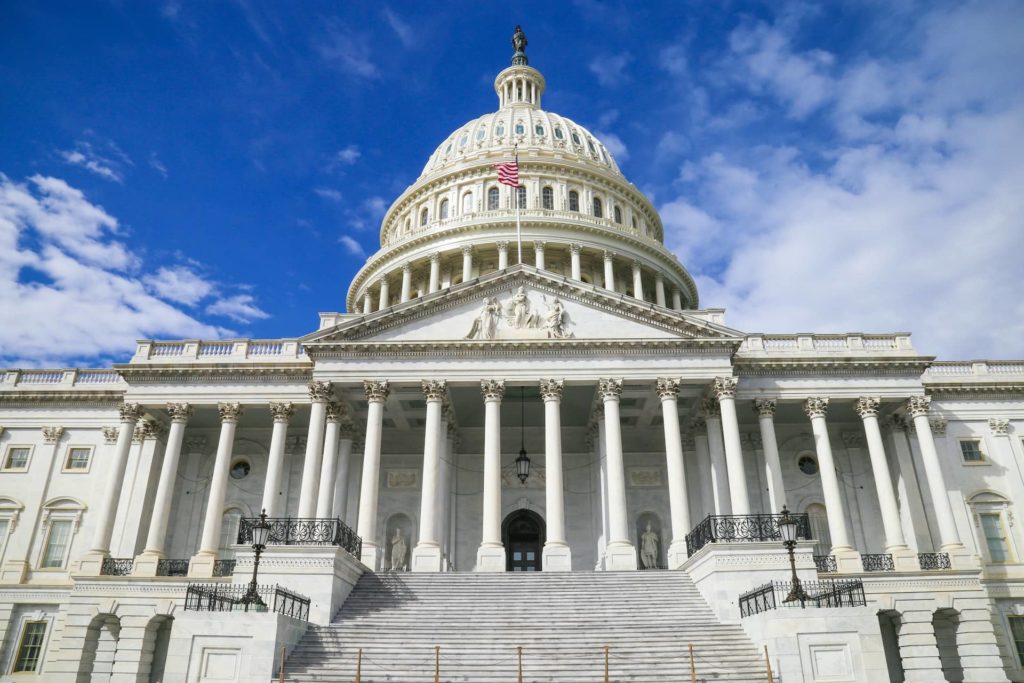Earlier this week, the Commission meet in public for the first time in decades, and it was not the best look for the commission. A story of this meeting is in Politico. After a break with precedent that had previously put meetings behind closed doors, the Commission hung their laundry in public. At the meeting, as reported by Politico, the Commission “pushed through a series of actions on progressive Democrats’ wish list: Fines for companies that lie about products being ‘Made in America.’ Greater latitude for launching antitrust probes and lawsuits. And a wider door to writing new regulations — something else the FTC hasn’t done much of in decades.” All this action “came despite fierce objections from the Commission’s two Republicans, in a sign that partisan rancor is also back in vogue at the Biden-era FTC.” Politico notes that the public session offers “the first public glimpse of what may lie in store for the 106-year-old agency under its youngest-ever chair, a former Columbia University law professor who made her reputation as a critic of tech giants like Amazon. And fellow tech critics were particularly thrilled [with what they saw].”
Transparency only goes so far, though. Politico noted that Commissioner Wilson, a Republican pointed out that “while the FTC released the meeting’s agenda a week in advance, [Chair] Khan’s office didn’t provide the text of the items under consideration until Friday. ‘With sufficient notice, advanced planning, input from our knowledgeable staff and a robust dialogue among my fellow commissioners, open commission meetings could facilitate’ transparency, she said. ‘Today’s meeting falls short on all accounts.’”
While the FTC has a long history of bipartisanship, “[t]hat spirit was absent Thursday, however, as every item on the agenda passed in a 3-2 party line vote. Republicans Noah Phillips and Christine Wilson repeatedly decried the new approach, accusing the Democrats of risking a congressional backlash by overstepping decades of precedent and the agency’s legal authority.”
Some of the Commission’s work this week included, as noted in an FTC press release, votes to
approve a series of resolutions authorizing investigations into key law enforcement priorities for the next decade. Specifically, the resolutions direct agency staff to use ‘compulsory process,’ such as subpoenas, to investigate seven specific enforcement priorities. Priority targets include repeat offenders; technology companies and digital platforms; and healthcare businesses such as pharmaceutical companies, pharmacy benefits managers, and hospitals. The agency is also prioritizing investigations into harms against workers and small businesses, along with harms related to the COVID-19 pandemic. Finally, at a time when merger filings are surging, the agency is ramping up enforcement against illegal mergers, both proposed and consummated.
Compulsory process refers to the issuance of demands for documents and testimony, through the use of civil investigative demands and subpoena. The FTC Act authorizes the Commission to use compulsory process in its investigations. Compulsory process requires the recipient to produce information, and these orders are enforceable by courts. The Commission has routinely adopted compulsory process resolutions on a wide range of topics. Many of these resolutions cover specific industries, like the automobile industry or the postsecondary education industry, while others involve business practices that cut across sectors, like privacy or the targeting of older Americans.
The actions taken today will broaden the ability for FTC investigators and prosecutors to obtain evidence in critical investigations on key areas where the FTC’s work can make the most impact. Each omnibus authorizes investigations into any competition or consumer protection conduct violations under the FTC Act. The omnibuses will also allow staff to use compulsory process to investigate both proposed mergers and consummated mergers. Individual Commissioners will continue to be required to sign compulsory process documents prior to issuance. With these in place, the FTC can better utilize its limited resources and move forward in earnest to fix the market structures that allow the worst predators to proliferate.
These changes have been championed by Commissioner Rebecca Slaughter and the changes sets the stage for a more muscular FTC, including more robust rulemaking.
As again summarized by Politico, the “commission also lowered the threshold for the FTC’s staff to launch antitrust probes, a move that could have huge implications.”
For years, the agency has required its antitrust attorneys to get the full commission’s approval to begin investigations. In contrast, attorneys from the agency’s consumer branch often have had wider latitude to send out subpoenas and document requests to companies or ask for interviews with business employees, under so-called “omnibus” resolutions.
For all the FTC’s work yesterday, it’s clear that a bumpy road is ahead.

Eric J. Ellman is Senior Vice President for Public Policy and Legal Affairs at the Consumer Data Industry Association (CDIA) in Washington, DC. He also served for eight months as Interim President and CEO of the Association. More
